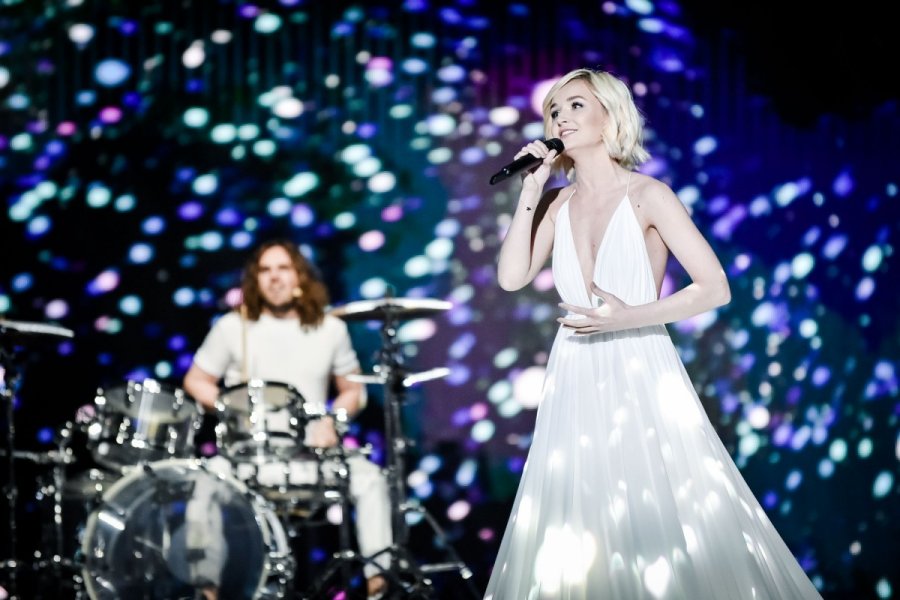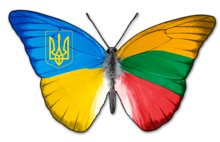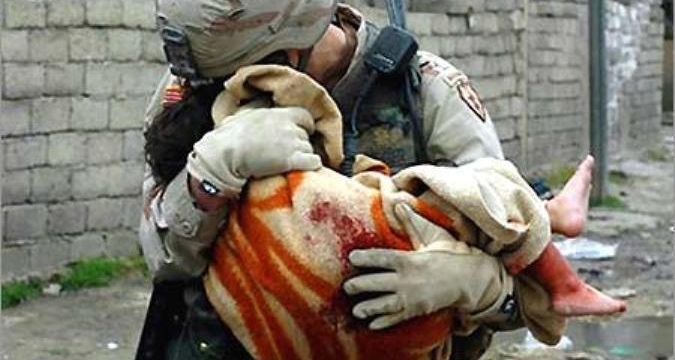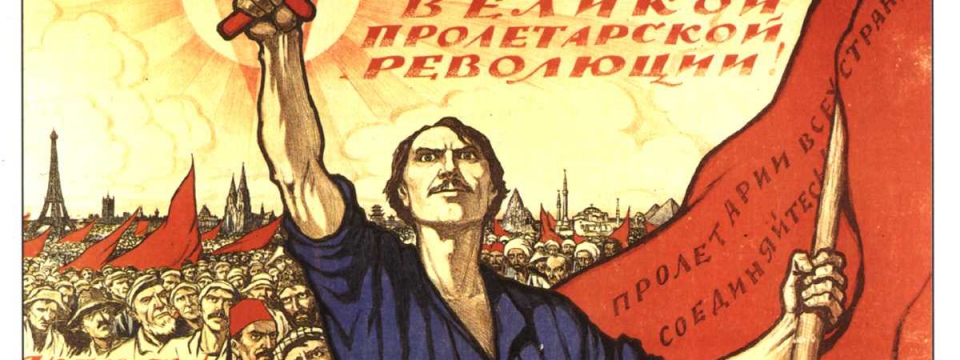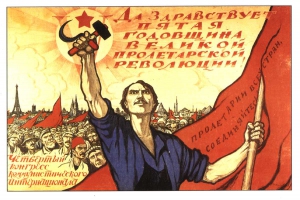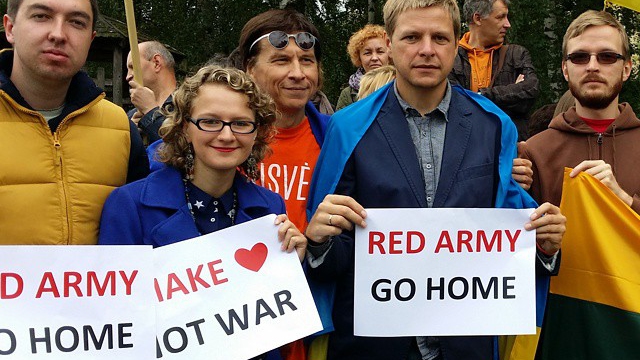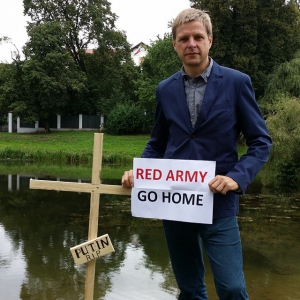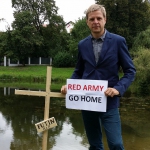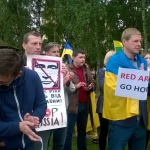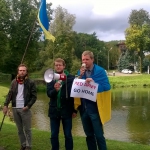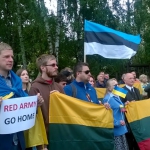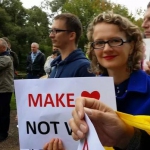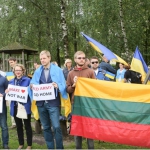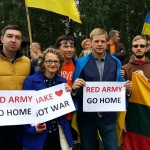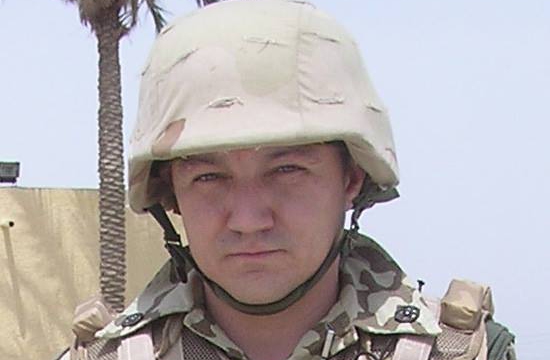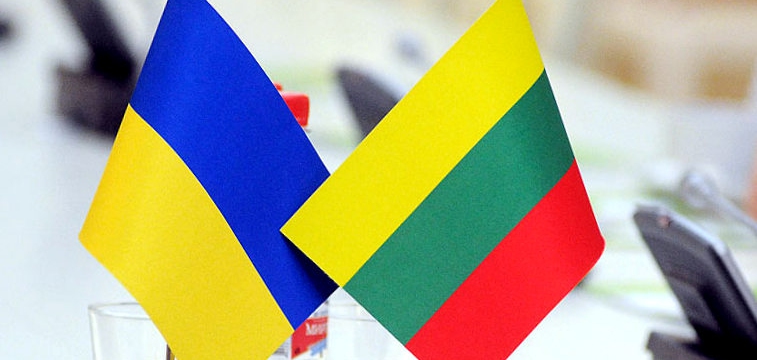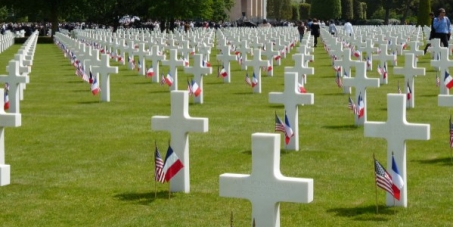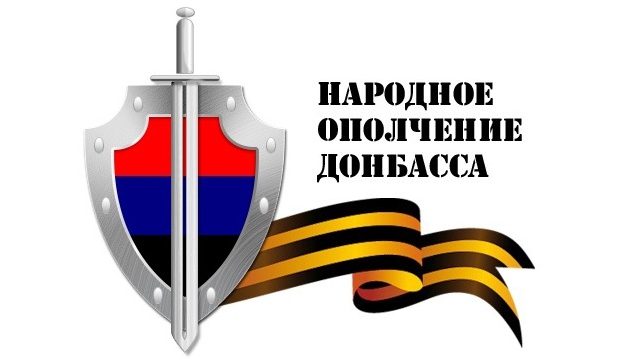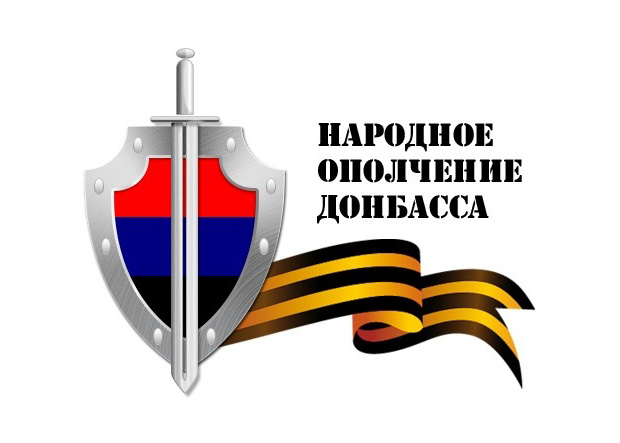Translated and edited by Voices of Ukraine
The bad news:
1. Today is another black day for Ukraine. In a difficult battle with terrorists, many of our soldiers and officers died near Volnovakha [town in Donetsk Region]. Many have been wounded.
There are more questions than answers in this tragedy. The Prosecutor General’s Office has already opened criminal proceedings on two counts–Art. 258 (“Act of terrorism that resulted in deaths of people”) and Art. 425 (“Neglect of duty in military service”) of the Criminal Code of Ukraine.
I won’t make any comments regarding this tragedy. There are moral and ethical reasons not to do that. I will clench my teeth and keep quiet. Only, it’s infinitely sad that our Homeland keeps losing its sons.
May they rest in piece.
More than anything in the world, I want not to have any more occasions to repeat this phrase ever again.
2.Around 50,000 cubic meters of natural gas are stolen daily in Crimea by Russian occupation authorities from the deposit in Kherson Region. Simply put, after stealing Crimea, Putin keeps stealing gas from Ukraine without any remorse. Cunningly enterprising guy, what else can I say?
In particular, Russian servicemen set up block posts near the Arabat Spit on the territory of Kherson Region, and therefore cover up the site of the gas extraction, where they also steal from. Kiev doesn’t react to this in any way–even in words. And this is very strange.
3. We have a great sorrow. Law enforcement professionals “exposed” the editorial office of the “Vesti” newspaper. The tax service of Ukraine, during a search in the office of the chief editor Ihor Guzhva, discovered 1.5 million Hryvnias [USD $125,470]. Not bad for an editor.
Although the staff of the newspaper insists that this is a struggle against freedom of speech and the Ukrainian authorities are destroying the luminaries of Ukrainian journalism at its root.
From myself, I’d like to say that I don’t communicate with journalists from “Vesti” on principle. Although not because of Mr. Guzgva’s habit of stashing millions. Here’s what I explain to “Vesti” journalists: I have nothing to say to those who play Putin’s fifer on the pages of their media. While I could have turned a blind eye to this during peaceful times, I can’t do it when Russia invaded my country.
I support freedom of speech and the press with every fiber of my being. Let “Vesti” print their little pro-Russian articles and manipulate facts in conjunction with the Kremlin–no problem. But it seems to me, it would be more appropriate if they did it in a neighboring country. The one located to the Northeast of Ukraine.
I put the commentary to this incident under bad news only so that I don’t end up under the hot pencil of “Reporters Without Borders.” What a hypocrite I am.
The good news:
1. The events in Volnovakha, despite their inconceivable tragedy, rocked the world of Ukrainian special forces.
The announcement by the General Staff Commander of the Armed Forces of Ukraine that the “Rubicon has been crossed,” and that the army will retaliate for this bloody terrorist massacre–is only a small detail. According to our data, the response that’s being planned is truly large-scale. And this [time it] won’t be a false start.
I sincerely believe that every one of our fallen Heroes will be avenged. To do otherwise is not possible.
2. The RNBO [National Security and Defense Council] of Ukraine has initiated the creation of a broad anti-Putin coalition with NATO and the EU, RNBO Secretary Andriy Parubiy announced.
The [starting] point is correct: without stopping Putin now, it’s unclear where Russian tanks and the unyielding little hands of Vladimir Vladimirovich will end up.
Parubiy reported that he discussed this issue in Brussels with the representatives of NATO and the European Union. Although it’s not clear how ready the West is in supporting this idea. Obviously, in words one can hear many things being said. But usually in these circumstances the problems and reflections begin when it comes down to business.
Let’s hope for the adequacy of Western leaders.
3. The commander of the “Donbass” Batallion of the territorial defense in Donetsk Region, S. Semenchenko reported today: Volodars’kyi Raion of Donetsk Region was taken back from terrorists.
The Batallion plans to take the regional center–city of Donetsk–under control.
On this day covered with the blood of our servicemen in Volnovakha, we’d like to wish “Donbass” the most important thing–take care of yourselves, guys. Ukraine needs all of you.
